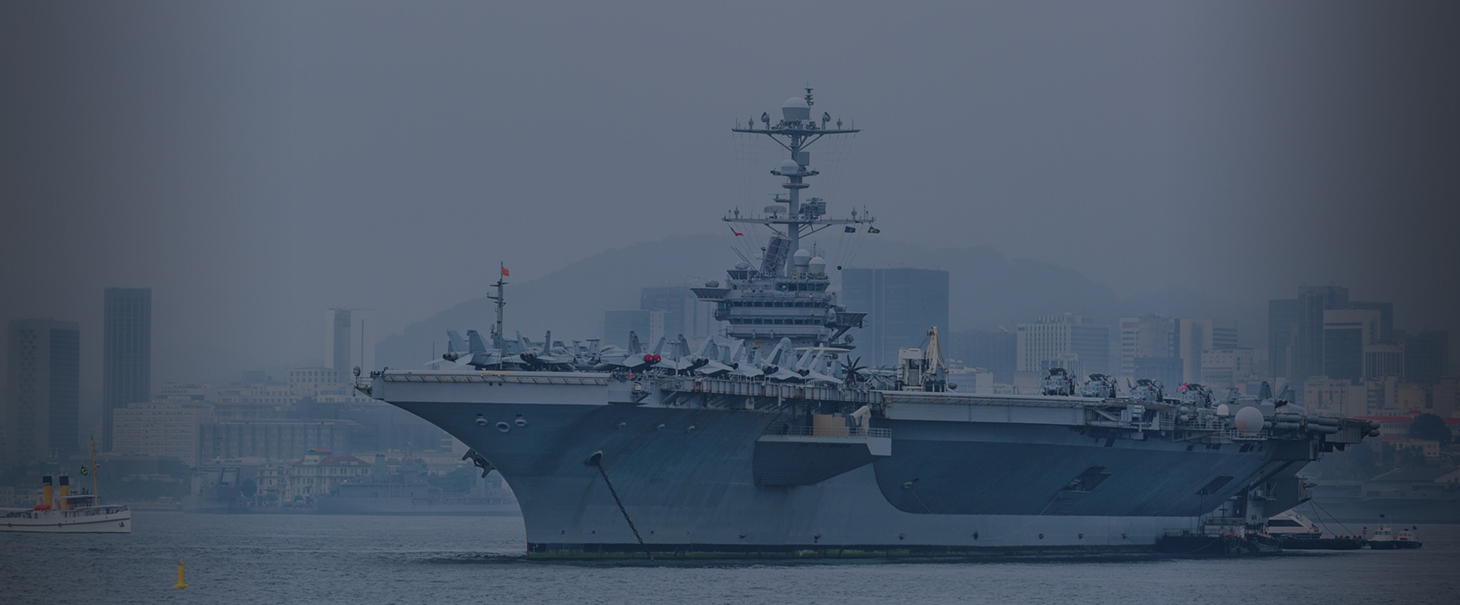EXPERT
Issues
Locations
DOWNLOAD
OSLO, Norway – At the time of Fidel Castro’s takeover of Cuba in 1959, “separate but equal” was the norm in much of the Western world. Castro won plaudits from early supporters for banning the practice of separate facilities on the island, promising a raceless, equal society under the new regime. Today, the regime instead targets any Afro-Cuban who dares challenge the historical fallacy that blacks on the island have fared better under the Revolution.
Afro-Cuban fealty to the Castro regime after the fall of Batista was certainly understandable. Fresh on their minds was the historical remembrance of having been a significant contingent of the forces that fought and defeated Spanish colonial rule, yet they were subsequently denied the respect and dignity that should have followed. A fledgeling 1912 resistance movement was so brutally put down by the white-dominated post-colonial ruling class that it served to drive the revolt underground for a generation or more. That memory has persisted through much of the Castro years, though it’s effect on their will to resist has waned in recent years as the island’s most visible political prisoners, and recent political martyrs, have been predominantly black.
The regime’s racially-focused crackdown received international attention last month when Roberto Zumbrano was fired from his job as editor of a publishing house in Havana after his New York Times article pointed out the reality for Afro-Cubans in Cuba: “To question the extent of racial progress was tantamount to a counterrevolutionary act,” Zambrano wrote. “This made it almost impossible to point out the obvious: racism is alive and well.” About the same time, an overtly racist cartoon video, made by paid propagandists of the Castro regime and uploaded to YouTube, slandered Berta Soler, the head of the peaceful protest group Ladies in White, portraying her as an orangutan.
Soler took the mantle as the head of the Ladies in White after its former leader, Laura Pollán, died in mysterious circumstances after a run-in with the regime’s enforcers last year. The group has come under more aggressive attacks in the last year, enduring beatings while in the act of leaving their Havana church to walk silently and carrying a single flower in remembrance of their political prisoner husbands and family members.
Soler is in Oslo this week to receive the Václav Havel Prize at the Oslo Freedom Forum, an international human rights event that brings dissidents from throughout the world to a place where they can speak freely, out from under the gaze of their oppressors.
I asked Soler about the claim by the Castro regime of “solidarity” with the Afro-Cuban community in Cuba, and whether there was overt racism practiced by the government. “Blacks in Cuba not only have fewer relatives living and working abroad that can send money for food and other basics, but they are also excluded from having one of the few profit-making small businesses in tourism, or paladares (small, privately-owned restaurants), or taxi services that others can access to make a living and support their families. And those who control all of this are the majority white bureaucracy that will tell you to your face that, because your parents weren’t military or part of the government, that you can’t be hired or open a small business,” Soler said.
Soler recounted the beatings which she and the other Ladies in White have received for speaking out, and that the tactics of repression now included being stuck with needles to induce fear that one could be susceptible to infection and subsequently denied medical care, if the regime so chooses.
International human rights conclaves such as this can serve, to some extent, as an extra layer of protection for those courageous enough to speak out, though it is a dangerous trade off. Crossing the threshold from obscure voice against a violent oppressor to internationally-recognized dissident is the most perilous time for many of those who are here to share the stage with Soler.
The Human Rights Foundation, a New York-based human rights organization that puts on the conference, just published a harrowing tale of its multi-year effort to extract internationally-renowned free speech advocate Ali Abdulemam from Bahrain.
Though Abdulemam was given political asylum in the UK, his wife and children remain in Bahrain, still in danger until they can hopefully join him in London. To those like Soler, who will return to their home country, the vigilance of these international human rights defenders will be the only protection that they may have from a regime that has become so indifferent to criticism it allegedly killed well-known dissident Oswaldo Paya recently by running his car off the road. The speculation is that the senescence of the Castro brothers and their potential loss of Venezuela’s petroleum lifeline following the death of Hugo Chávez has spurred an increase in repression of the island’s dissident voices.
Asked whether she would consider seeking asylum outside of Cuba, Soler said defiantly, “I will always return to Cuba, no matter what they do to me.” Perhaps sharing the stage with Syrian cartoonist Ali Ferzat and North Korean democracy activist Park Sang Hak, both of whom will share the Václav Havel Prize with the Ladies in White, will bring enough pressure against the regime to stop, or at least diminish, the racially-tinged repression that Soler and others have long struggled against in Cuba.
Read the original article in the Miami Herald.


 Jon Perdue
Jon Perdue